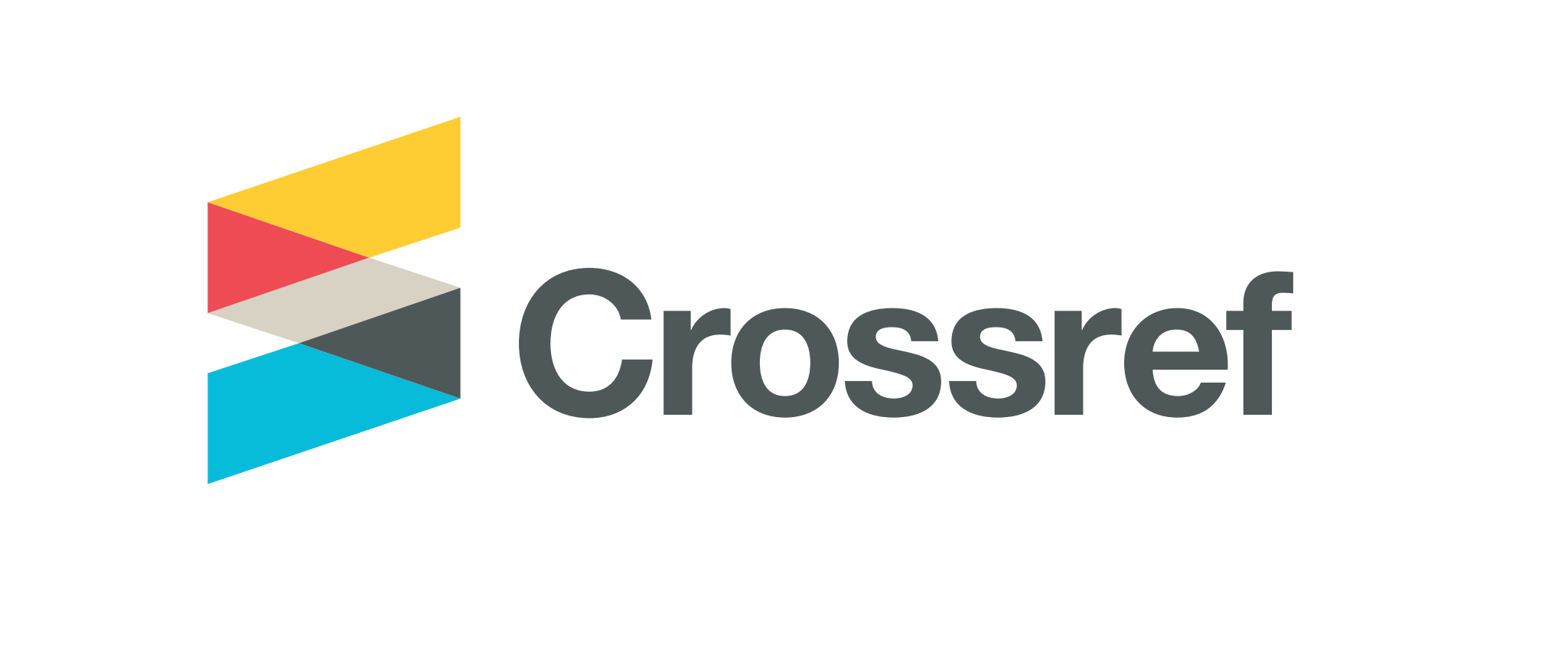Peer Review Policy
The Recht Studiosum Law Review uses a double blind peer review type for the review process. All submitted manuscripts are read by the editorial staff. Those manuscripts evaluated by editors to be inappropriate to journal criteria are rejected promptly without external review. Manuscripts evaluated to be of potential interest to our readership are sent to double blind reviewers. The editors then make a decision based on the reviewer’s recommendation from among several possibilities: rejected, require major revision, need minor revision, or accepted. The Editor-in-Chief of the Recht Studiosum Law Review has the right to decide which manuscripts submitted to the journal should be published.
Submitted manuscripts will generally be reviewed by two or more experts who will be asked to evaluate whether the manuscript is scientifically sound and coherent, whether it duplicates already published work, and whether or not the manuscript is sufficiently clear for publication. The Editors will reach a decision based on these reports and, where necessary, they will consult with members of the Editorial Board.
The Recht Studiosum Law Review implements the peer review policy as a means to ensure the quality of the publication in the journal. The peer-review process consists of initial review, double-blind review, and the decision by the editor.
- Initial Review:The editor evaluates the submitted manuscript to determine if the content is suitable for the journal. The manuscript is also subjected to a similarity check procedure to identify any indication of plagiarism. Manuscripts with contents that are not suitable for the journal or with a high percentage of similarity will be returned immediately to the author(s).
- Peer Review: Submitted manuscripts that have passed the initial review are subjected to double-blind peer review, where both authors and reviewers remain anonymous during the review process. Minimum of two reviewers are assigned to evaluate and provide the recommendation for a manuscript. In assigning the reviewers, the editor is responsible to avoid the conflict of interest during the review process.
- Decision: The editor makes the final decision on the acceptability of a manuscript based on the comments and recommendation of the reviewers.




















